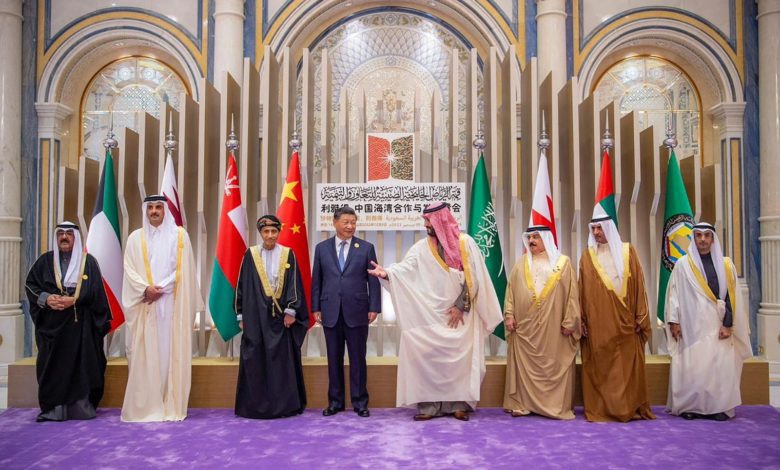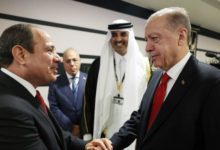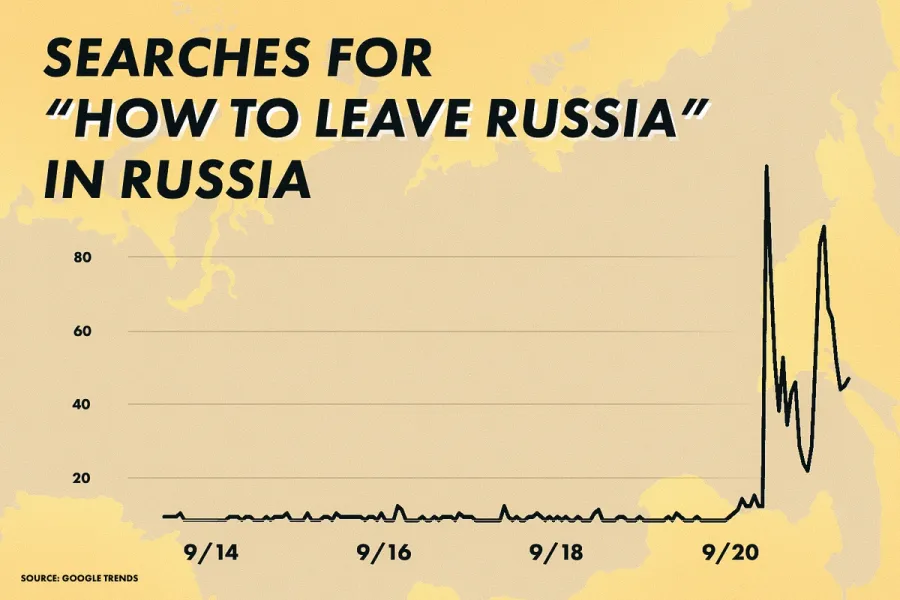
Why is Saudi Arabia joining the SCO headed by China?
Riyadh has opted to join the China-led Shanghai Cooperation Organisation (SCO) as a dialogue partner, only weeks after proclaiming the normalization of relations with Tehran.
Riyadh appears to be evolving as an autonomous geopolitical power with a multipolar orientation as it moves further east.
During a high-level cabinet session presided over by King Salman bin Abdulaziz, Riyadh made the final decision last week after discussing its membership in the SCO during a visit by Chinese President Xi Jinping to the Kingdom last December.
Rather than following Washington, Riyadh is now concentrating on developing a long-term cooperation with its major economic partner, China.
Through a trilateral deal, China recently managed to repair an eight-year-long ugly rupture between Saudi Arabia and Iran by acting as a guarantor.
As an added advantage, mending ties with Tehran removed some of the obstacles to the Kingdom’s SCO membership.
Though the membership process takes many years, Riyadh will eventually need Tehran on its side since full participation requires the forum’s entire unanimity, and Iran’s formal entry as the SCO’s ninth member is set to take effect in April 2023.
So what prompted Riyadh to abandon its neutral stance, and how can it gain from joining an organization like the SCO?
Beijing and Riyadh have gotten closer primarily for geoeconomic reasons.
With bilateral commerce totalling $87.3 billion in 2021, China has surpassed Saudi Arabia as the country’s top trading partner. Last year, Beijing became a greater importer of Saudi Arabian oil than the United States, purchasing almost 1.75 million barrels per day.
Furthermore, Beijing has completed multibillion-dollar investments in Saudi Aramco, and a joint venture in north-east China is planned.
Even as it became increasingly reliant on Riyadh for energy security, China was forced to make significant efforts to stabilize the volatile oil-rich area, and the Kingdom became a willing ally.
While Washington used to import one million barrels of oil per day in 2016, supply fell to less than 500,000 barrels per day last year.
From a geopolitical standpoint, it [the SCO] is a debate platform where broad, and frequently urgent, security concerns are addressed; viable compromises and solutions can be reached during these talks and deliberations.
Geographically, the SCO supports Eurasian players’ economic and infrastructure integration (mainly the member states).
The SCO, which also functions diplomatically, is “a (relatively) distinguished club (at least in many Global South viewpoints), which might boost the stature of member states.”
Saudi Arabia might gain from all of these factors, becoming “a dialogue partner in security discussions, or benefit from geo-economic integration with other member nations and enjoy diplomatic prestige.”
Many factors, though, might yet persuade Riyadh to alter course.
Secondly, the Saudi ‘Look East’ policy cannot diminish American power in the area because Washington maintains a strong security footprint in the region.
Saudi Arabia does not abandon the United States since it remains the kingdom’s primary security guarantee.
Joining the SCO is more about displaying Riyadh’s independence and other alternatives.
Participating in the SCO sends another indication to the US that Saudi Arabia is sticking to its hedging strategy and no longer wants to be seen as the West’s junior partner.
According to a Stockholm International Research Institute research, Washington, in addition to being the world’s greatest arms exporter, is also the main supplier to the Middle East and North Africa areas, providing 54% of the weapons purchased between 2018 and 2022.
As a result, Saudi advances eastward are more of an attempt to diversify and pursue new choices. Second, the SCO consortium is yet an unproven institution that needs demonstrate its usefulness.
The Shanghai Cooperation Organization (SCO) is a growing regional forum comparable to the North Atlantic Treaty Organization (NATO) but without any solid military role. It is comprised of China, Russia, India, Pakistan, Tajikistan, Uzbekistan, Kyrgyzstan, and Kazakhstan as full members, Afghanistan, Belarus, Iran, and Afghanistan as observer states, and nine dialogue partners including Saudi Arabia, Qatar, and Turkey.
The organization, headquartered in Beijing, is primarily focused on counterterrorism, and this year’s annual joint exercises will be place in Chelyabinsk, Russia, in August.
Lately, negotiations in Moscow have taken place for the SCO to build a larger alliance with other regional groups like as the Eurasian Economic Union, the Commonwealth of Independent States, and BRICS, all of which Riyadh has asked to join.
Yet, because the SCO was founded in 2001 on the ideals of the ‘Shanghai Spirit,’ any persistent divergences and lack of involvement among members might derail the organization’s mission.
Too many opponents on the platform might lead to stagnation, and two permanent members, India and Pakistan, already have unresolved, long-standing disputes.
Once both Iran and Saudi Arabia become full members, China may have to do a lot of balancing to keep divisions inside the forum in check.
Ultimately, both the Saudi-Iran reconciliation and Riyadh’s intention to join the SCO are motivated by China’s achievement in establishing its influence in the Middle East.
These changes are more about Beijing’s expanding influence than Riyadh’s changing posture. Beijing has grown in significance as a result of its effective mediation between the Kingdom and Iran.
With Beijing’s facilitation of the diplomatic thaw with Iran, the Saudi government see China as a growing political role in the Middle East, and hence seeks to expand bilateral ties through SCO membership.
In the long run, the China-led SCO may even aid in the integration of a bigger area.
The [SCO] platform provides a possible entry point for the monarchy to interact multilaterally with traditional partners like as Pakistan, as well as Central Asian countries that provide lucrative commercial prospects.
Furthermore, the SCO might become a future platform for both Saudi Arabia and Iran to cooperate diplomatically, facilitated by China.
On a regional level, however, Riyadh has attempted to strike a balance between Beijing and Washington, and additional Arab governments are likely to diversify their foreign policy in the coming months.
Riyadh is the largest Gulf Cooperation Council (GCC) state and the leader of the Organization of Islamic Cooperation (OIC) and OPEC.
In the absence of a systemic disruption (such as a large superpower conflict, a rapid global environmental disaster, or an abrupt technological advance by a single global player), it is fair to expect that the existing multipolarity will not only remain but will be further cemented.







